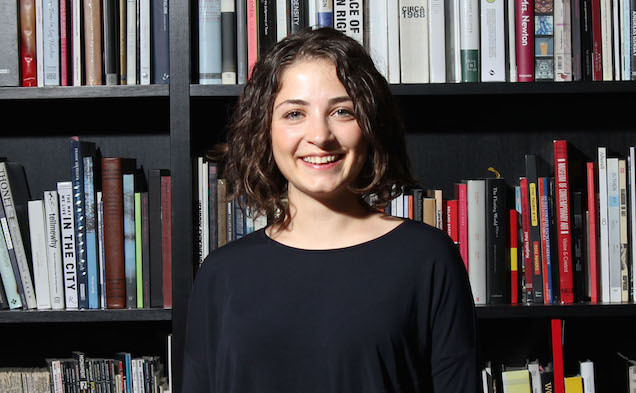As part of the Room With a View Course, I interviewed writer and refugee advocate Roj Amedi.
Below is the interview with annotations below it.
Annotations:
My idea with the introduction here was based of ‘Intercepted’, a podcast by Jeremy Scahill. I find it is a lot more elegant and allows the interview to stand on its own
I don’t like the tone I use on ‘organisations’ here. I am aiming for a relaxed tonal feel, and this didn’t quite cut it for me.
I think that the relaxed tone here works quite well, particularly because it is serious themes that we are discussing
My strategy here with Roj introducing herself was to have her explain the things about herself that she’d like people to know. I think it worked well, as considering what shes experienced, me introducing her would have seemed condescending.
Because we are discussing the complicated topic of politics, I’ve found it necessary to put a lot of the context into my questions.
Originally the interview was a lot longer. Therefore, I had to cut some of Roj’s answers together. I think it works quite well. The reason I did it was only if she repeated points that she had already made.
It may seem as though I am being quite sporadic with my questioning. This wasn’t my original attention. However, because my interview went so overtime, I was forced to cut a lot of content that didn’t cover enough ground.
In between here I had a whole discussion about climate change. However, due to time constraints I was unfortunately forced to cut it out in its entirety.
I regret not challenging Roj on her point here. It’s a big statement that I probably should have questioned her on a bit more, as she deals in a lot of absolutes here.
I didn’t ask Roj to elaborate here on the issues surrounding First Australians. This was partly because I didn’t want too many ideas to be thrown around, as well as not feeling equipped to discuss it.
This questioning about the value of the UN and Roj’s response is a moment that is obviously quite embarrassing for me. However, I didn’t take it out because I know a disregard for the UN is something that a lot of people feel. Therefore, Roj’s response was something that was confronting and moving.
I probably should have provided an explanation for what the 1951 treaty was here, as a lot of listeners may not be aware of what it is.
I think this was a good note to finish on, as it brings the conversation back to Australia and things that the listeners can actually change.
This idea of having the interviewee say ways to find them was an idea I heard from podcasts. Rather than me telling the listeners where to find out more about Roj, letting her explain it herself allows it to be just another part of the interview. It also allows her to identify her preferred places for information to be found.

